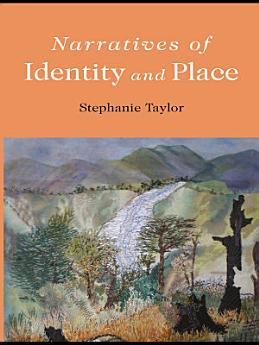Narratives of Identity and Place
Tungkol sa ebook na ito
Through an analysis of women’s talk, the book examines how commonsense meanings shape and limit people’s identity-work to establish a connection to place. It argues that talk about place, and especially place of residence, enables a complex positioning of self and others in which identities of gender, class and national identity intersect. It shows how a speaker’s multiple interpretations of where she lives remain central to her life narrative, and to her fragile and idealized definition of ‘home’ as the place in which she may position herself positively.
Narratives of Identity and Place presents a unique and valuable integration of the popular methods of narrative and discourse analysis, compellingly demonstrating the value of these approaches for research on identity.





